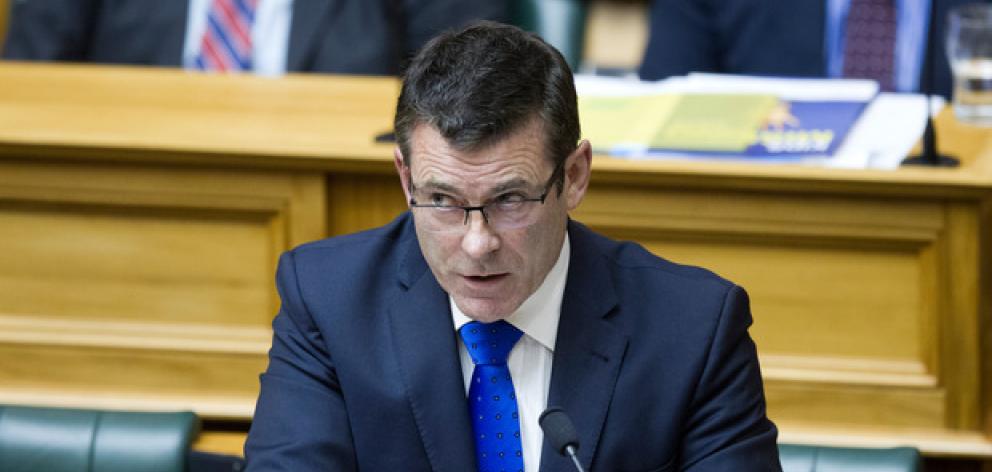
Immigration Minister Michael Woodhouse has backed down slightly on an overhaul of the skilled migrant rules, lowering the income threshold migrants must reach to be considered medium-skilled rather than lower-skilled migrants.
Mr Woodhouse announced the final shape of the reforms after putting out proposals for feedback in April.
Since then concerns from some employers have resulted in changes - including a reduction in the salary threshold for workers considered to be "medium-skilled" migrants from $48,859 to $41,538. Low-skilled migrants can only get work visas for a maximum of three years and then face a stand-down period, raising concerns among some employers that the lack of certainty would impact on their ability to get staff they needed.
The threshold for those regarded as highly skilled will remain at $73,299 - as originally proposed in April.
The changes introduce income bands to determine whether a migrant is low-skilled, medium-skilled or highly skilled.
They are:
- Lower skilled visa holders on less than $41,538 a year will get visas for a maximum of three years and will have a stand down period before they can apply for another low-skilled visa.
- Low-skilled migrants' partners and children will have to qualify for visas in their own right to live in New Zealand.
- Migrants who earn between $41,538 a year and $73,299 in jobs classified as high to medium skilled will be considered mid-skilled
- Those who earn more than $73,299 will be considered high-skilled, regardless of the job they have.
Mr Woodhouse said the new "mid-skilled" grade recognised workers were filling genuine skill shortages and were more likely to progress once they had experience or training. It also provided more certainty for employers to plan and train their workforce.
He said the change to the income band was the result of consultation with employers and other interested groups.
"I want to reassure employers that the changes announced today are not designed to reduce the number of migrants coming in on temporary work visas.
"Employers will continue to be able to employ migrant workers where there are genuine labour or skill shortages."
He said the changes would clarify the conditions under which temporary migrants could come to New Zealand.
He said the Government's plans were "pragmatic" and "responsible" compared to Opposition parties such as Labour, which has outlined policy to reduce the number of migrants by 20,000 a year, targeting low-skilled and students who went on to work.
The changes to the temporary work visas would come into effect on August 28.
Further changes were likely after the next phase of a review of immigration settings which would look at sectors and regions, including seasonal work visa and concerns by primary industries about the lack of classifications for some jobs.












